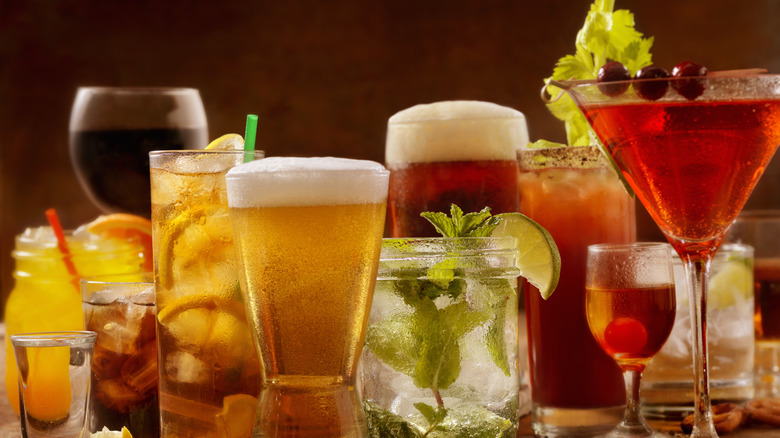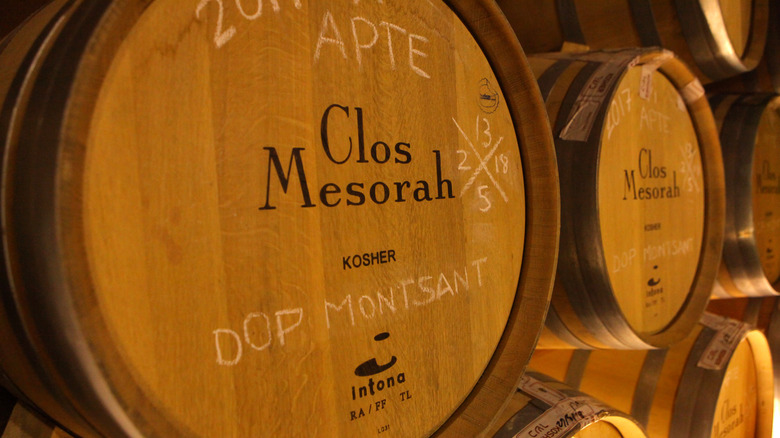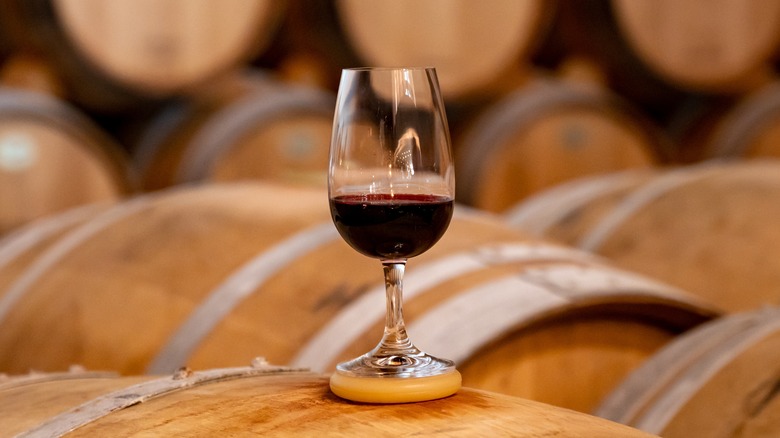Is Liquor Kosher?
While liquor is highly refined from its starting ingredients, that does not automatically make it kosher. Kosher laws dictate what kinds of food and drinks Jewish people can and cannot consume. Following kosher rules does not necessarily mean limiting oneself. There are many mouthwatering kosher fast food items, for example. Also, different Jewish groups follow these laws to different extents and with some variations. Namely, what qualifies as kosher for Passover varies between Jewish ethnic divisions, but the rules are pretty consistent across the board. Certain alcoholic beverages are kosher, while others aren't.
When it comes to dietary restrictions, liquor falls into its own beverage category. The distillation process involved in liquor production strips the substance of most allergens and dietary hazards (besides, of course, the alcohol when consumed in excess). But when it comes to abiding by kosher laws, both the ingredients and production play a role in determining what makes the cut.
How, exactly, a liquor may count as kosher
Liquor products must meet certain ingredient requirements to obtain the Orthodox Union Kosher symbol (the U inside the large O found on some labels), or any other official kosher designation (KOF-K, Star-K) to give observers the green light. First of all, the liquor has to be made from a grain or sugar, and can contain no added flavorings that aren't also approved as kosher. An unflavored vodka, for instance, which is made from fermented sugar and yeast, would pass the test. Additionally, gin, American whiskies, Irish whiskies, and rum check the boxes, as long as they are not infused with any flavorings. Additionally, liquors must be aged in either new barrels, or barrels that have been previously used to age kosher spirits or wine.
Some liquors with added flavors may be kosher, but look closely for the certification to be safe. A naturally-flavored citrus vodka would make the cut for most, but bacon whiskey almost certainly would not, as pork products are strictly prohibited under Kosher law. Scotch whiskey, which is usually aged in a sherry or port wine cask (which are not kosher), also fail to meet kosher qualifications.
What constitutes the kosher wine barrel
One detail of liquor production has more going on behind the scenes than is obvious, and that's aging the liquor in a kosher wine barrel. A fine kosher wine is not too hard to come by, but it must meet a few production requirements. For instance, every step of production must be made under the supervision of a rabbi. Also, because the ingredients in wine are not as refined as those in liquor, each ingredient must be kosher, from the grapes to the yeast to the fining agents; no preservatives are allowed.
The qualifications for kosher alcoholic beverages in general are not exactly fast and loose, but that is for a good reason. Alcohol plays a significant role in Jewish rituals and traditions. From holidays to weddings, there is always a designated point for saying a blessing over the wine. During especially festive holidays, alcohol is used to facilitate the festivities. To take a leading part in Jewish practices, it makes sense that the alcohol should comply with the rules that this group of consumers must follow.


